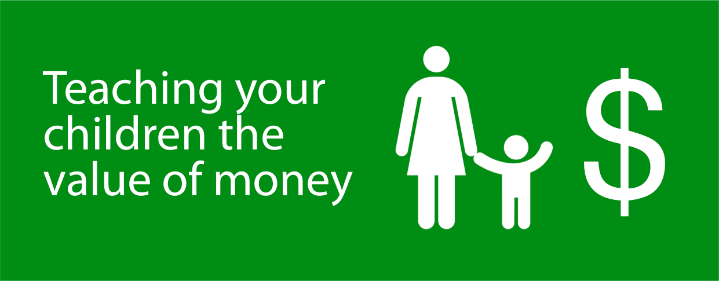Every parent wants the best for their children, and the best we can give them is a sure footing in life. One of these areas is intrinsically linked to how they will perceive value in others, value in themselves and the value of things around them.
It is hard for children to understand the concept of value for money when they have not worked to earn the money for themselves. When a younger child goes shopping they are easily drawn to everything that piques their interest, followed by a torrent of tears if they don’t get what they desire.
So, how do you teach a child the value of money?
First, it’s good to know that children grasp financial concepts relatively easily and are never too young to learn something new. A good strategy is to give them the responsibility over their own finances (allowance).
I heard an interesting story recently about a father who went shopping weekly with his kids. Before going into the shop he would give his children R5 each, which they could spend on anything they wanted. After only a couple of weeks they realised that if they saved their R5 they could buy a R10 item the following week. The father wasn’t the ‘bad guy’ when he didn’t buy the kids something they wanted, it was up to them to save if they really wanted it.
Teenagers usually set their sights a bit higher than a R5 chocolate from the cafe, often playing into the the hype of the latest ‘must have’ gadget or fashion item. This can give you the perfect opportunity to teach the cost of loans and borrowing. If you lend them R1 000, you can give them an opportunity to learn about interest. At 10% per annum (the current prime lending rate is 9,25% per annum), the interest over a six month period would be insignificant. However by charging 10% per month, the total interest repayable would be R771,56 which is almost double for the item. This teaches them patience, the value of saving and the risk of debt.
You can also teach them about interest by involving them in setting up a savings account that accrues interest and allow them to experience how their money will grow.
In order for children to understand how to best work with money, they need to experience its limitations as well as its potential to do good. It may seem tough in the beginning, but the lessons learned can prepare them for a successful financial future. As well as teaching them that you can’t always get what you want, it also teaches them to save, budget and not accept loans at exorbitant rates.

